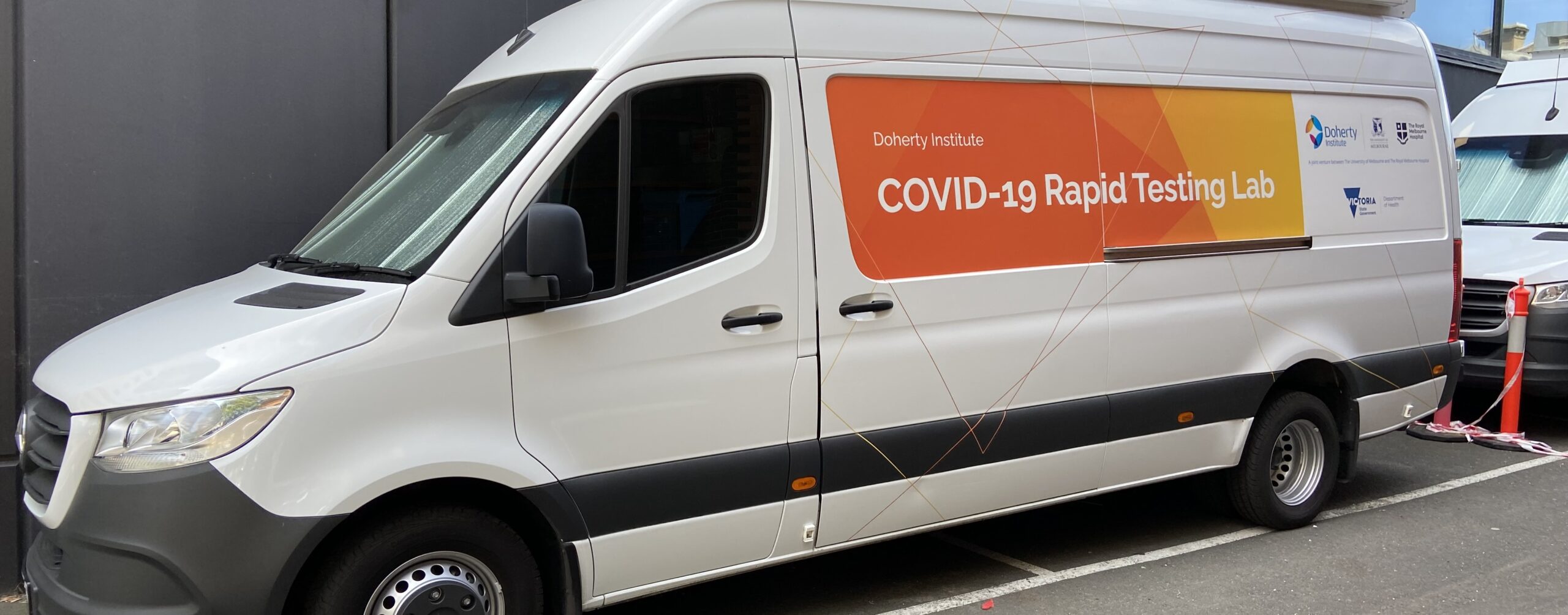requiring innovative solutions to combat its spread. Among these solutions, mobile COVID-19 rapid testing units have emerged as a critical tool in our arsenal. These units are pivotal in detecting and controlling the virus, reducing transmission rates, and ultimately saving lives.
Early Detection and Isolation
Mobile COVID-19 rapid testing units play a vital role in early detection. They bring testing directly to communities, including those in remote or underserved areas, ensuring that individuals have easy access to testing. This accessibility is crucial because early detection enables the prompt isolation of infected individuals, preventing further transmission. By identifying asymptomatic carriers and those with mild symptoms, these units help contain outbreaks before they escalate.
Community Outreach and Education
Beyond testing, mobile units also serve as vehicles for community outreach and education. They disseminate accurate information about COVID-19 prevention measures, vaccination campaigns, and local health resources. This proactive approach fosters a sense of community responsibility and empowers individuals to protect themselves and others. By addressing misinformation and offering resources, these units contribute to a more informed and cooperative society.
Reducing Health Disparities
Mobile testing units play a pivotal role in reducing health disparities. They bridge the gap between those with easy access to healthcare facilities and those without. Vulnerable populations, such as low-income communities, elderly individuals, and people with limited mobility, benefit significantly from this service. Mobile testing units help ensure that all individuals, regardless of their socioeconomic status or location, have equal access to testing and care.
Monitoring Variants and Outbreaks
Mobile COVID-19 testing units also aid in monitoring the spread of variants and identifying potential outbreaks. By conducting widespread testing and genomic sequencing, they provide essential data to public health officials. This information helps policymakers make informed decisions about public health measures and vaccination campaigns, allowing for a more agile response to evolving circumstances.
Conclusion
Mobile COVID-19 rapid testing units have proven to be indispensable in our battle against the pandemic. Their ability to facilitate early detection, educate communities, reduce health disparities, and monitor the virus’s evolution highlights their vital role. As we navigate the ongoing challenges of the COVID-19 pandemic, these units remain essential tools in our efforts to protect lives and bring an end to this global crisis. Investing in and expanding the reach of mobile testing units is not only a practical necessity but also a moral imperative in our shared fight against COVID-19.

